Optimal Tree Trimming Seasons
Tree trimmings are essential for maintaining healthy and visually appealing trees. Proper timing ensures that trimming promotes growth, reduces disease risk, and enhances safety around property. Knowing the optimal periods for trimming can lead to better tree health and longevity.
Ideal for shaping and removing dead or damaged branches. Promotes healthy growth during the active growing season.
Used for thinning and reducing canopy density. Helps manage tree size and improves air circulation.
Prepares trees for winter by removing weak or diseased branches. Encourages strong growth in the following season.
Best for structural pruning when trees are dormant. Minimizes stress and reduces pest and disease risks.
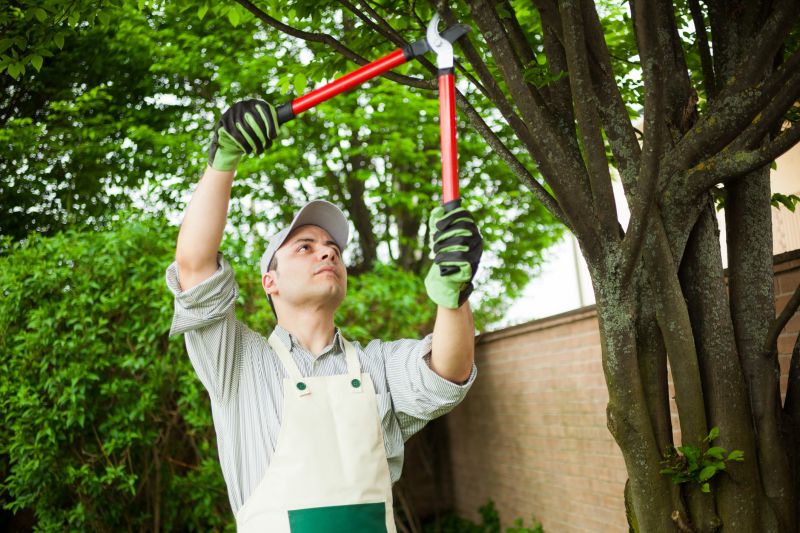
Pruning during early growth stages supports healthy development.
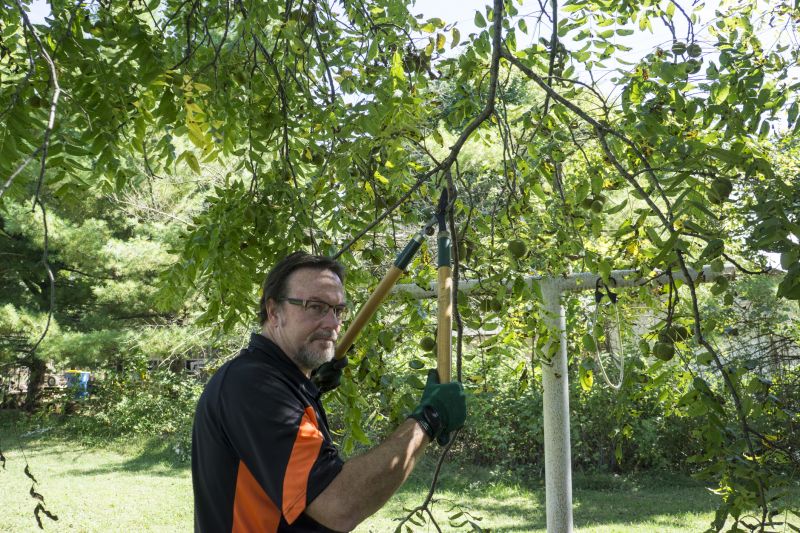
Managing canopy density in warm months.

Preparing trees for winter dormancy.
| Season | Best Practices |
|---|---|
| Spring | Remove dead or damaged branches; shape trees for growth. |
| Summer | Thin out dense foliage; manage size and airflow. |
| Fall | Eliminate weak or diseased limbs; prepare for dormancy. |
| Winter | Perform structural pruning; minimize stress. |
Tree trimmings involve the strategic removal of branches to maintain tree health, improve safety, and enhance landscape aesthetics. Regular trimming can prevent potential hazards caused by falling branches and reduce the risk of disease transmission. Statistics indicate that properly pruned trees are less susceptible to pests and can live longer, healthier lives. The timing of trimming is crucial; improper timing can lead to stress, disease, or poor growth outcomes.
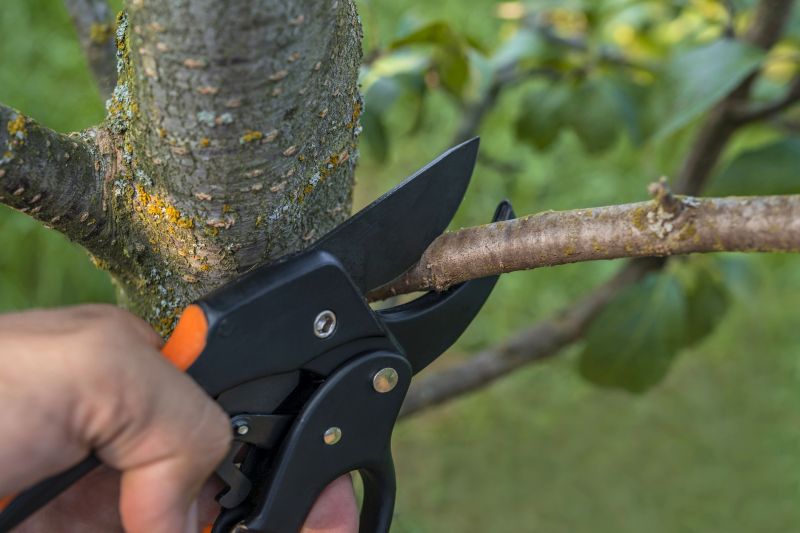
Proper pruning supports vigorous growth.
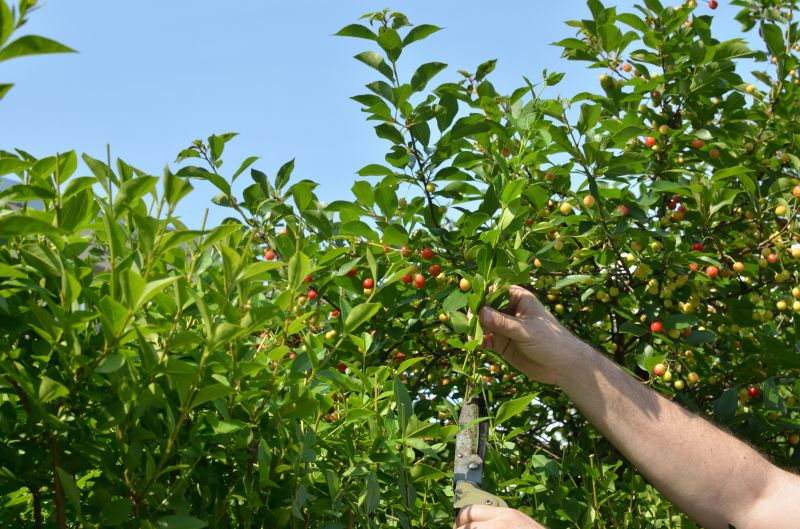
Using the right tools ensures clean cuts.
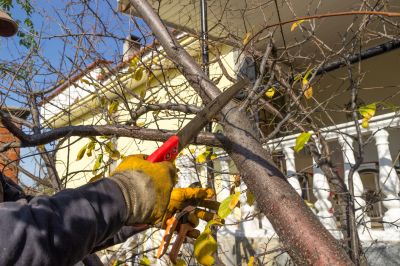
Trimmed trees develop stronger branches.
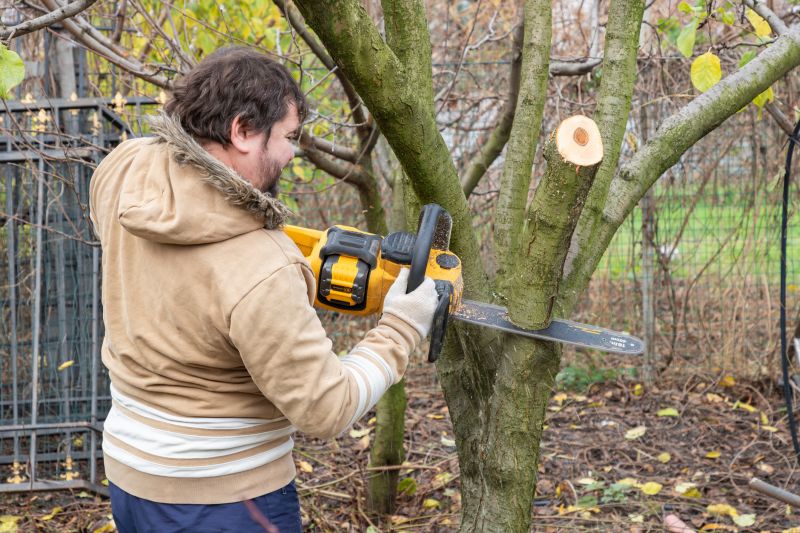
Regular trimmings extend tree lifespan.
For those interested in scheduling tree trimmings, it is recommended to contact professionals during the appropriate seasons to ensure optimal results. Proper timing not only supports healthy growth but also minimizes risks associated with disease and storm damage. Regular assessments can help determine the best trimming schedule tailored to specific tree species and local climate conditions.
